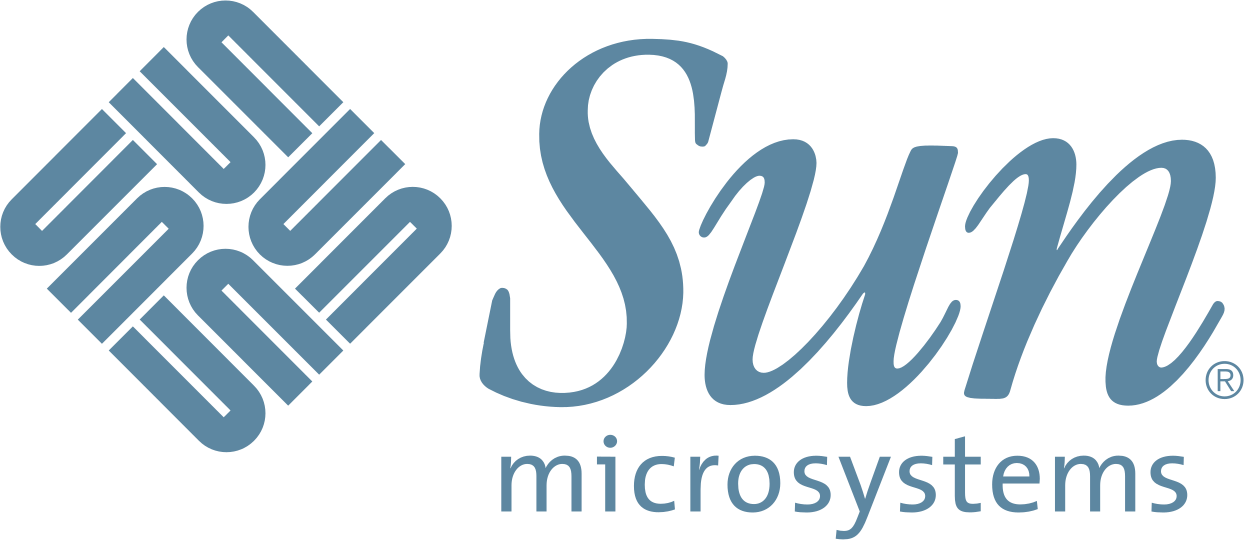Premise
The technology world has given rise to many successful entrepreneurs over the past few decades. As the information technology sector boomed, we saw the rise of many large corporations. AT&T’s Bell Laboratories introduced the C programming language and the UNIX operating system. Xerox PARC laid the foundation for personal computing and NASA fuelled the development of the internet[1]. Then came IBM and Apple, and they revolutionized the personal computing industry, while Microsoft created the operating systems and software to run PCs.
Major tech corporations such as Intel, Oracle, Dell and HP continued to flourish. As the world wide web become more accessible to the masses, Yahoo! and Google transformed the web search business. Over the last decade, social interaction has been dramatically changed by social media companies such as MySpace, Twitter and Facebook.
Today, the internet has opened up a whole new world of opportunity for aspiring entrepreneurs. Amazon, Uber and Alibaba are a few among the many companies that epitomize the power of information technology in radically altering and redefining traditional business models.
But while the IT world has seen many successful entrepreneurs emerge and make huge fortunes and personal wealth, there is a clear lack of a social mission behind technology among entrepreneurs.
Every entrepreneur aims to make an impact in the world by introducing to society new ideas that change the way things are traditionally done. And while many entrepreneurs work toward social causes, the social cause itself does not lie at the core of the business.
The difference between entrepreneurship and social entrepreneurship lies in the fundamental purpose tied to the long-term vision of the business. Social entrepreneurs seek to transform societies at large, rather than transforming their profit margin, as classic entrepreneurs typically seek to do[2].
And so the larger idea of a technology businesses with a social mission is to create a business that makes technology available and accessible to the masses. An ecosystem that can further breed many social entrepreneurs. These entrepreneurs can have access to technology tools that can be used to build a variety of solutions to improve social well-being.
Technology needs a social mission. Information technology is going to play a major, and arguably the most critical role, in the future of mankind. Every industry will be impacted by it and every individual will demand greater access to it in many different ways. Technology belongs to everyone. As such, commodity functionality needs to be delivered as a fundamental right that every individual, as part of the digital universe, should have access to.
The Fundamental challenge
Studies over the qualities encompassed in a social entrepreneur have shown that very few individuals possess the talent and skills of entrepreneurs with a primarily socially motivated outlook.[3]
Tech companies are more interested in maximizing revenues rather than offering to society useful commodity functionality for free. In such a market driven by profit-motives, it’s the end consumer that has to pay the price. Commodity functionality such as communication, sharing and collaboration, which should really be available as default functionality to every user, is sold by companies in the form of incremental products. And companies do not hesitate to repackage the same functionality and try to sell it over and over with incremental changes.
If we are to make technology more useful to society, this approach to software delivery will have to be reconsidered.
If a piece of software becomes so important that a certain number of people use it, that component should be subsidized. Instead of repackaging and reselling that component to get maximum revenue out of it for as long as people can be made to pay; that component should be publicized, in the same way as the government does with public utilities like electricity, water, gas and roads.
Entrepreneurs should be given an ecosystem to build out things so useful that everyone wants them. And such solutions will have to be appropriated for the greater body. No one company should control search, social, or data.
To distribute technology to people in the most molecular fashion, technology must be made available as an ordinary part of our being rather than a detached, disposable consumer item. Technology functionality, as it is made available to us today, is highly disintegrated and disjointed, intentionally protected inside of corporate walled gardens and hidden behind payment walls.
The social mission behind technology will endeavour to deliver technology as a body part; as an appendage to enable us to progress, to move forward. In the future, that technological appendage will have to come to be intrinsically understood. It won’t have to be explained. And the world will be able to build solutions to enhance the digital body, including of course all of the bionics stuff we see today.
Citations
- Wikipedia: “Technological and industrial history of the United States”, Accessed 9/11/2015
- Wikipedia: “Social entrepreneurship”, Accessed 9/11/2015
- Business Horizons (2005) 48: “Social entrepreneurship: Creating new business models to serve the poor”, Accessed 9/11/2015






















